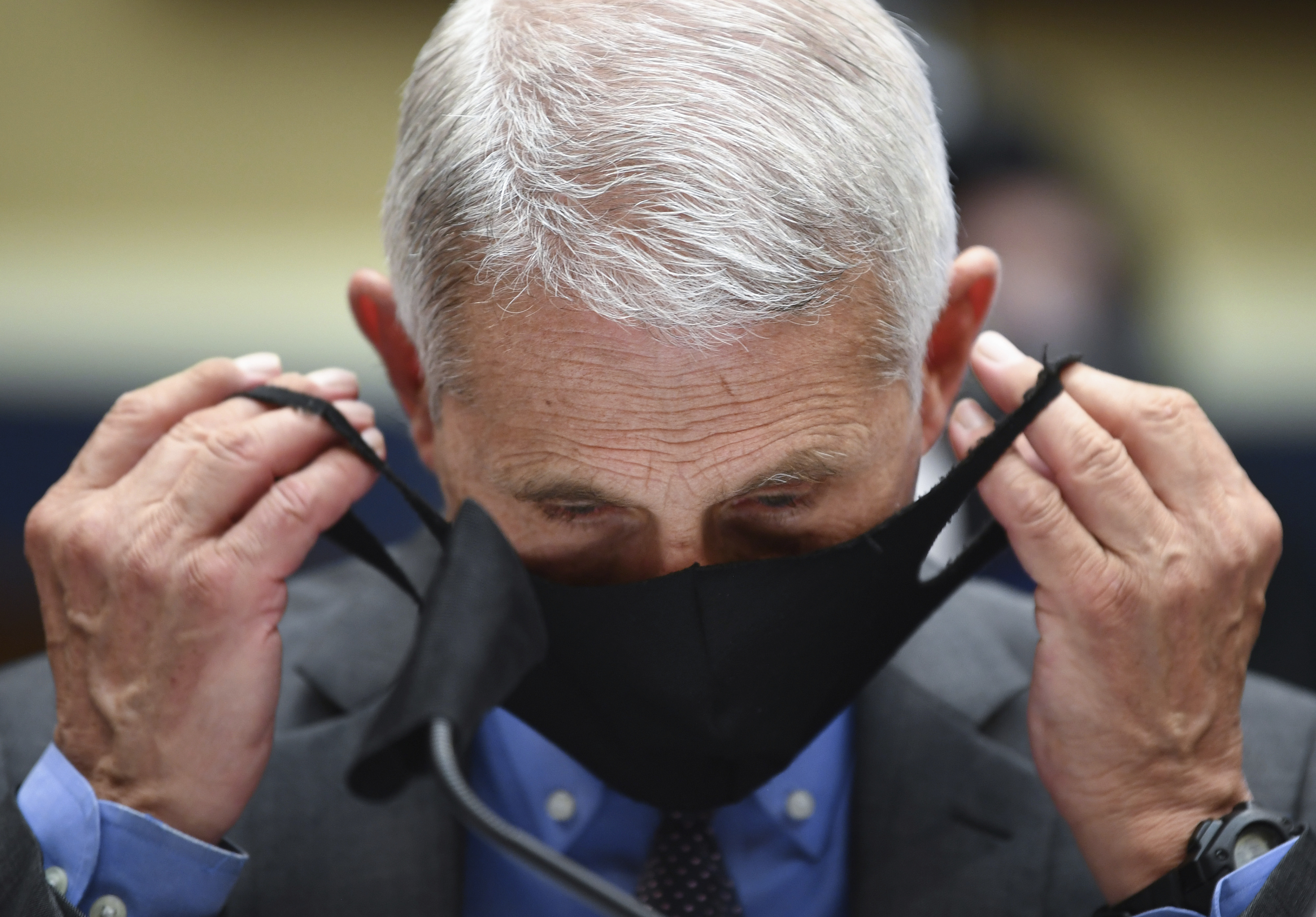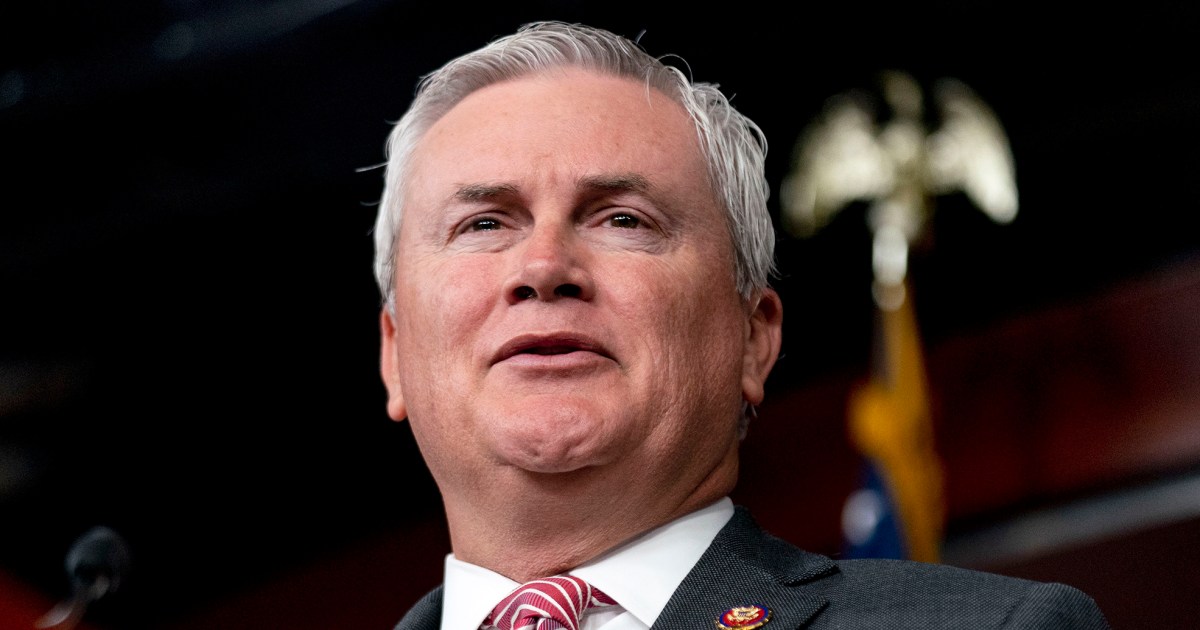- Sustained coronavirus transmission continues to be a significant problem in several US states, and testing needs to increase so officials can detect new infections as quickly as possible.
- Asymptomatic carriers are of particular concern, as they can spread COVID-19 unknowingly, especially if they don’t wear face masks and don’t practice social distancing.
- Dr. Anthony Fauci said that the US may rely on pool testing to increase the number of tests, speed up results, and potentially catch asymptomatics while conserving resources.
A few weeks ago, National Institute of Allergy and Infectious Diseases director Dr. Anthony Fauci explained that testing for the novel coronavirus needs a key upgrade that will make it easier to detect the most dangerous COVID-19 spreader: Asymptomatic carriers. Fauci’s comments came in late June, doubling down on the need for increased testing in the US. America was already registering a surge in cases at the time, with several states reporting more cases than during lockdowns. The same week, Fauci said before Congress that nobody had asked him and his colleagues to reduce testing, and that testing would increase. The statement came in response to questions about President Trump’s criticism of testing. More testing will lead to more cases, Trump has said, a conclusion that has no scientific merit. If COVID-19 is spreading inside a community, it will continue to infect people no matter how many tests are processed.
Three weeks later, the US Food and Drug Administration (FDA) has approved the crucial coronavirus test that Fauci detailed. It’s called pool testing, and it’s meant to help officials process tests more quickly to determine the scope of the infection and catch asymptomatics while conserving resources and speeding up results.
With pool testing, labs will consume a single test to test multiple people at the same time. The test that the FDA just approved comes from Quest Diagnostics and works with up to four samples. If the result of the PCR test is positive, then all four people will have to be tested separately to see how many of them have been infected. If the result is negative, then the four people can all be informed that they do not have COVID-19.
Pool testing can save tests and reduce wait times for results. The increased need for testing in certain states caused a significant increase in wait times in recent weeks, with some people waiting well over a week to get a response. The longer the test results take to disseminate, the more likely the participants will be to spread the virus.
“This EUA for sample pooling is an important step forward in getting more COVID-19 tests to more Americans more quickly while preserving testing supplies,” FDA Commissioner Dr. Stephen M. Hahn said in a statement. “Sample pooling becomes especially important as infection rates decline, and we begin testing larger portions of the population.”
The strategy can be used even more efficiently in areas where the curve has been flattened or where the number of cases drops from week to week rather than places where the virus is surging. The FDA also explains that there may be a concern that combining samples could make it more difficult to detect positives, but “Quest’s validation data demonstrates that its test correctly identified all of the pooled samples that contained a positive sample.”
In its own announcement, Quest said that the clinical data that Quest provided to the FDA showed that “none of 3,091 total specimens from a population with a prevalence rate of 1-10 percent if pooled, would have been incorrectly determined to be negative.” The company will start using pool testing in laboratories in Chantilly, VA, and Marlborough, Massachusetts by the end of next week, with other laboratories to follow.
As Gizmodo reports, Quest said last week that it’s currently performing 125,000 molecular tests a day, almost double the capacity from eight weeks ago. The tests will increase to 150,000 a day by the end of July. Pool testing could also help conserve the supply of test kits and reagents in certain regions. Quest said that its suppliers continue to be responsive to its need to add capacity, but “they are limited amid surging demand in the United States and globally.”
As of Monday morning, nearly 14.7 million COVID-19 patients have been diagnosed worldwide, and more than 611,000 people have died. The virus now takes less than five days to infect a million more people. America is leading the surge, with nearly 3.9 million cases and over 143,000 fatalities.

Chris Smith started writing about gadgets as a hobby, and before he knew it he was sharing his views on tech stuff with readers around the world. Whenever he’s not writing about gadgets he miserably fails to stay away from them, although he desperately tries. But that’s not necessarily a bad thing.















